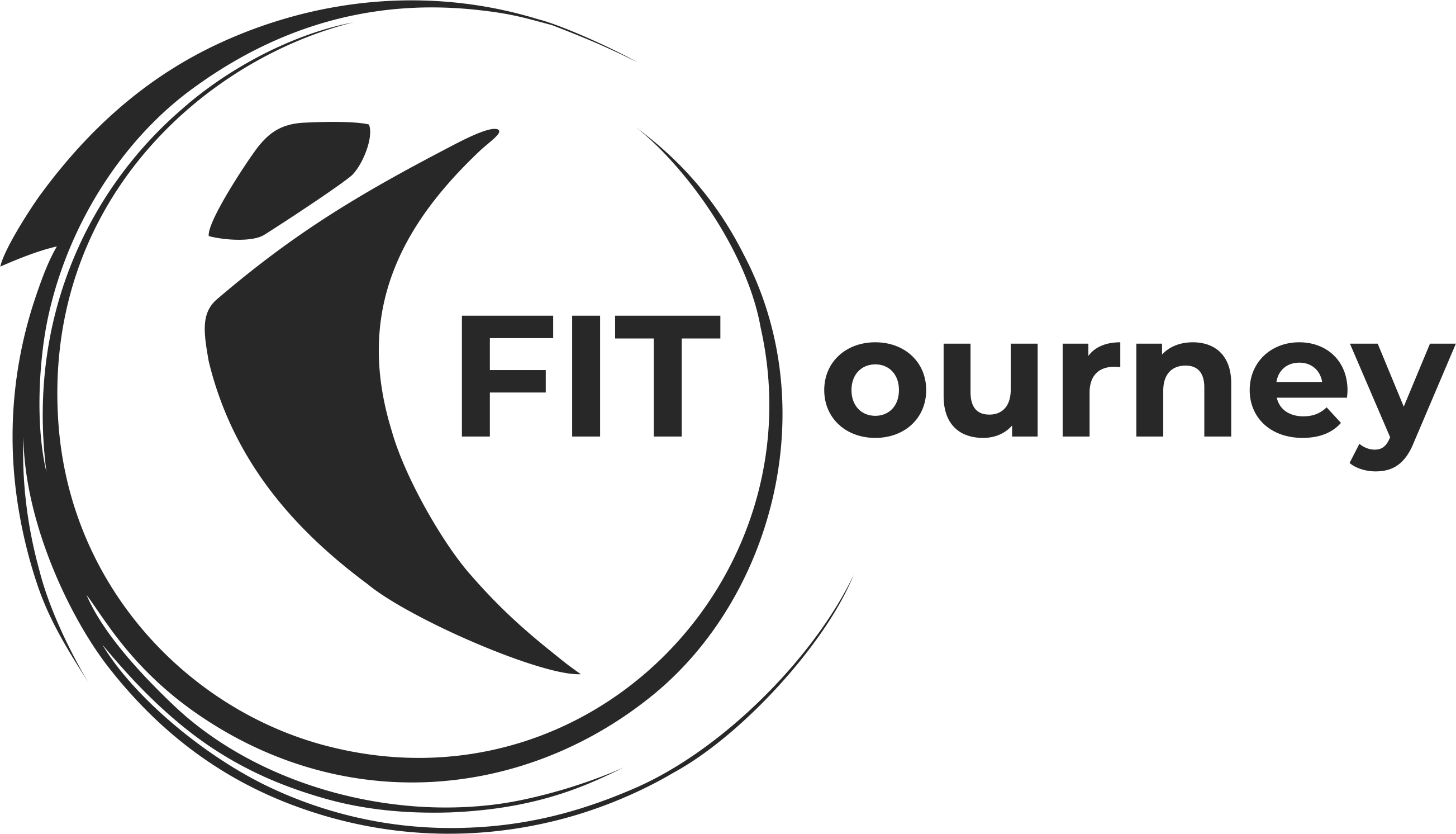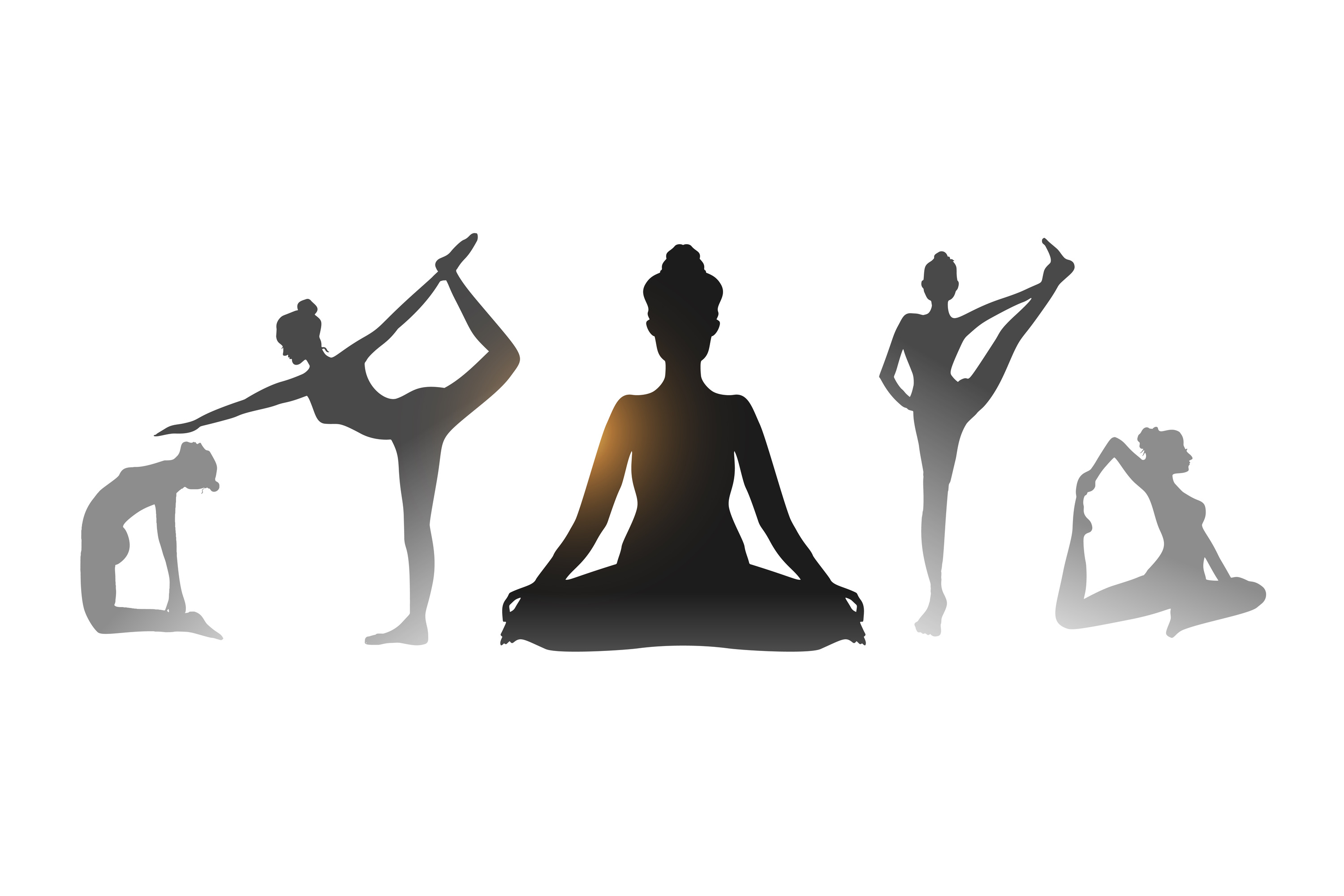Overtraining means working out consistently without allowing your body to recover between sessions.
Undoubtedly, exercising is beneficial for health, providing numerous physical and mental advantages. However, it's crucial to recognise when to take a break to avoid overtraining. You should know your limits and allow your body enough time to recover between workouts.
Overtraining results in a decrease in fitness levels and low performance and can lead to injuries.
Any form of exercise, including aerobic activities, resistance training, and HIIT, can contribute to overtraining. Athletes specialising in a single sport are particularly susceptible to this phenomenon.
What are the signs of overtraining?
Soreness or pain: Overtraining causes muscle soreness and pain. Pushing yourself beyond limits in resistance training or HIIT workouts can result in prolonged muscle strain and pain, increasing the risk of injuries.
Fatigue: While it's normal to feel tired after a workout, persistent fatigue during or after exercise could be a sign of overtraining. It is important to fuel your body with essential nutrients to avoid fatigue.
Decline in performance: Overtraining often leads to a plateau and a decline in performance. Reduced endurance, strength, and agility make it challenging to achieve training goals.
Exercising feels more challenging: Overtraining makes workouts more challenging. Activities such as lifting weights may feel more strenuous, with a higher heart rate and a longer time to return to its resting rate. Even though your body is operating at its usual pace, the perceived effort may increase.
In addition to all the above, you may also feel the following symptoms:
- Less motivated for your workouts
- Disturbance in regular sleep
- Frequent muscle pain
- Overuse injuries
- Unusual weight loss or gain
What you should do to prevent overtraining?
Overtraining is common, especially when you are highly dedicated to your fitness goals. Here are the things that you should keep in mind to avoid overtraining:
- Always remember "rest=recovery." Provide your body with sufficient rest to recover from previous workouts, promoting high performance in return.
- Consider professional massage. Deep tissue or sports-specific massages can aid muscle recovery and prevent injuries. If professional massage is unavailable, self-massage using essential oils or muscle balm is a good alternative.
- Explore hot and cold therapy options. Utilise heating pads, sauna baths, or steam baths to soothe aching muscles.
Conclusion
Overtraining can hinder your fitness goals. Follow a well-rounded training regime that targets all muscle groups. Ensure your body receives adequate rest and proper nutrition for recovery. Treat your body with massages and therapies to maintain optimal fitness levels.




